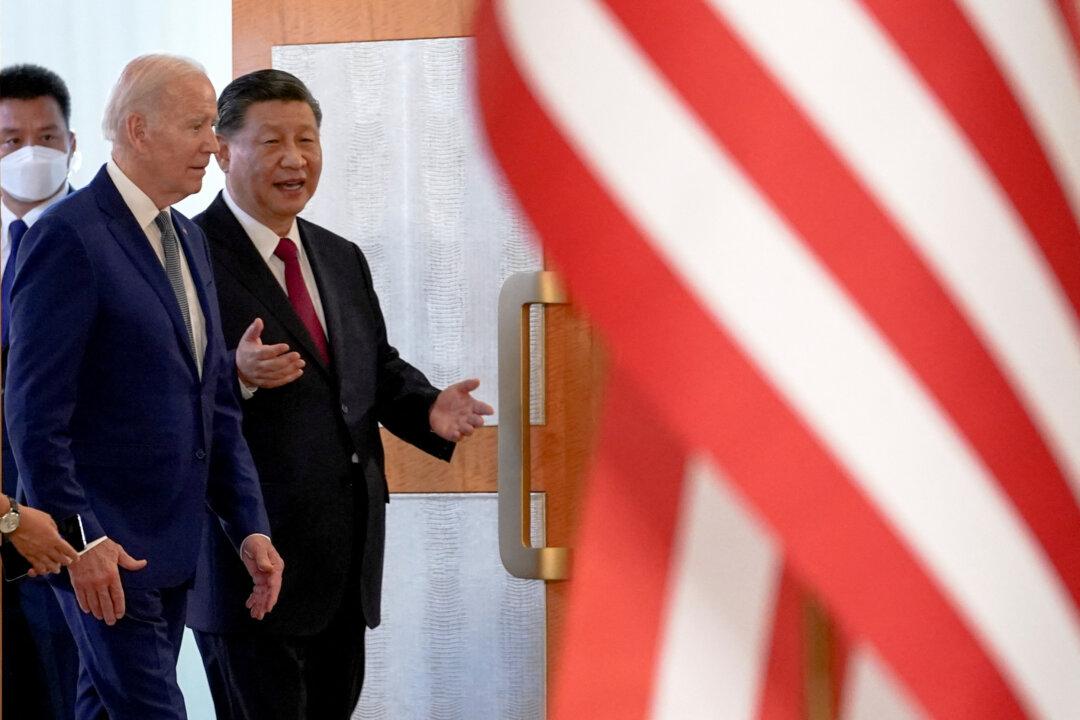The Chinese Communist Party is continuing to seek capital from the West in the hopes of buttressing its domestic economy struggling with the ongoing effects of the regime’s strict zero-COVID policy, according to China expert retired Brigadier Gen. Robert Spalding.
“There’s this competing effort happening where many of the Chinese proxies … are trying to help continue to push capital into China. At the same time, we are seeing these COVID controls within China which are really about controlling the population, are creating issues with the supply chain,” Spalding, a senior fellow with the Hudson Institute think tank, told the “Newsmakers” program, a co-production by The Epoch Times and sister media outlet NTD, on Nov. 23.





